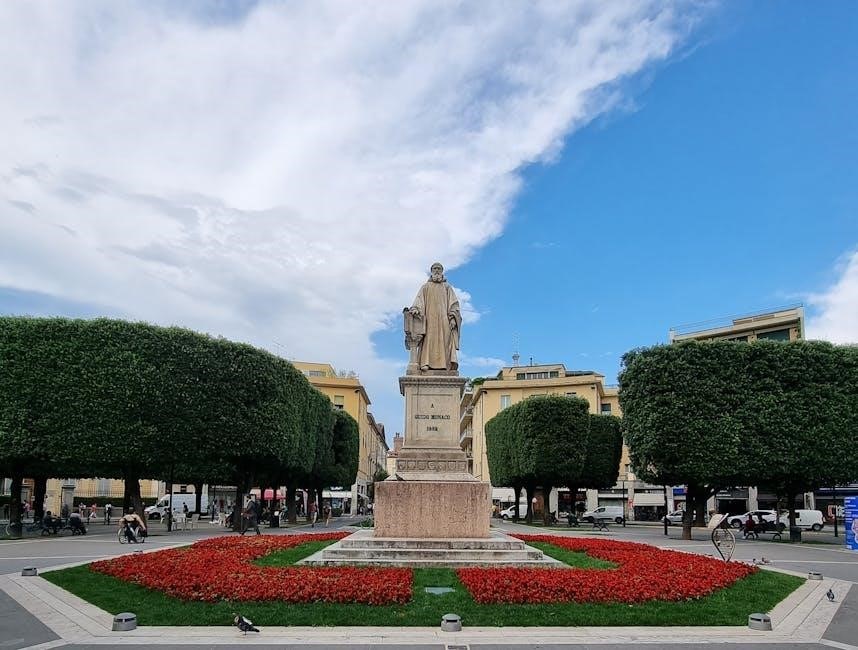
Guido DiTorrice‚ a devoted family man‚ passed away on January 27‚ 2024‚ at 90 in North Brunswick. Born in Ferentino‚ Italy‚ he moved to the U.S. in 1947‚ was raised in Maplewood‚ attended Columbia High School‚ and cherished his heritage and family deeply.
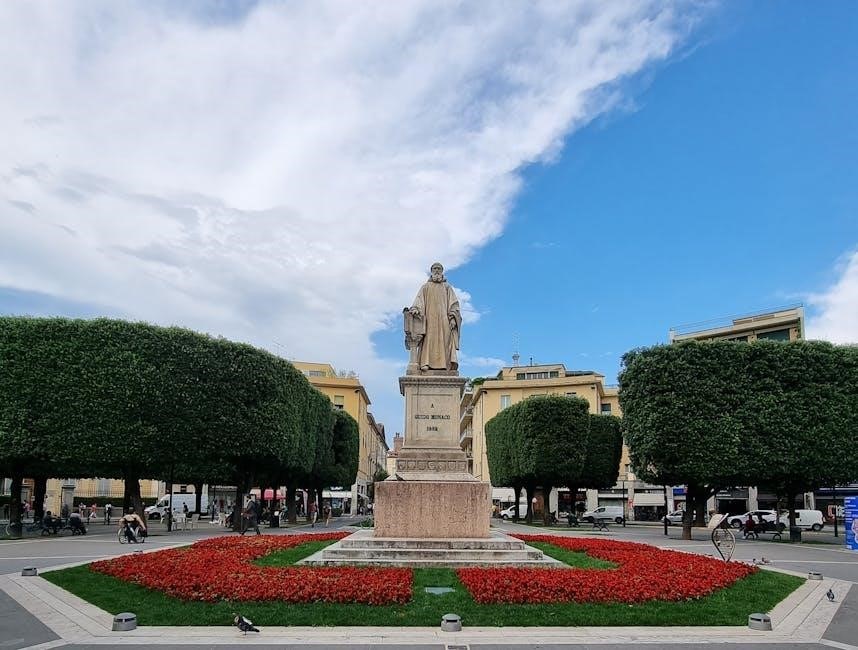
1.1 Who Was Guido DiTorrice?
Guido DiTorrice‚ a 90-year-old native of Ferentino‚ Italy‚ was a man of strong character and deep family roots. After immigrating to the United States in 1947‚ he settled in Maplewood‚ New Jersey‚ where he attended Columbia High School. Known for his dedication to his family and community‚ Guido embraced his Italian heritage while building a life in America. His passing on January 27‚ 2024‚ marked the end of a fulfilling journey‚ leaving behind a legacy of love‚ resilience‚ and cultural pride. His story reflects the immigrant experience and the enduring values of family and tradition.
1.2 Early Life and Background
Guido DiTorrice was born in Ferentino‚ Italy‚ and immigrated to the United States with his family in 1947. Settling in Maplewood‚ New Jersey‚ he grew up in a vibrant community that shaped his early years. Guido attended Columbia High School‚ where he laid the foundation for his future. His upbringing reflected a blend of Italian traditions and American culture‚ fostering a strong sense of identity. From a young age‚ Guido demonstrated a deep connection to his heritage‚ which would remain a cornerstone of his life. His early experiences in Maplewood played a pivotal role in shaping his values and close-knit family ties‚ setting the stage for a life marked by resilience and love.
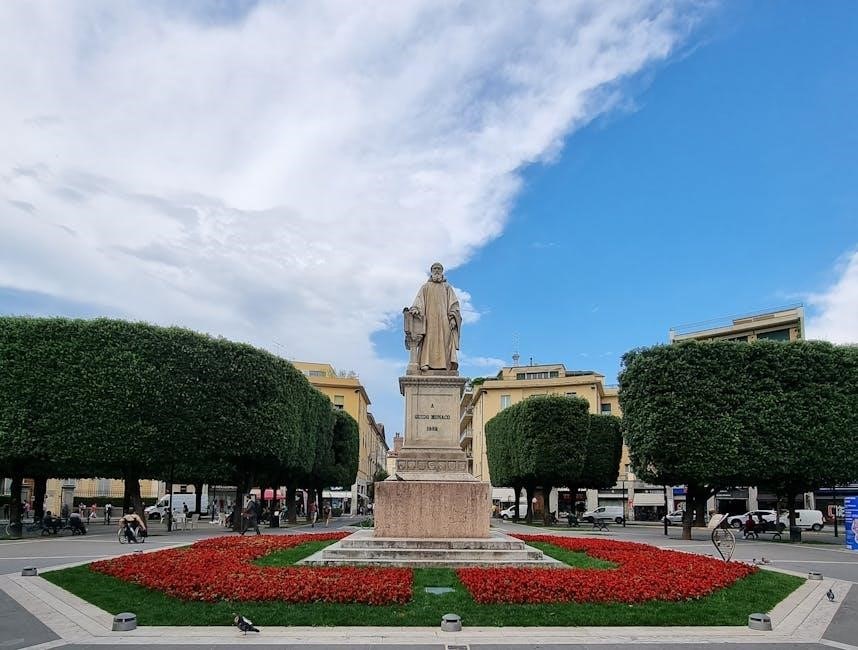
1.3 His Journey to the United States
Guido DiTorrice’s journey to the United States began in 1947 when he immigrated with his family from Ferentino‚ Italy. This post-war era saw many Italian families seeking new opportunities in America. Upon arrival‚ the DiTorrice family settled in Maplewood‚ New Jersey‚ where Guido quickly adapted to American life while maintaining strong ties to his Italian heritage. The transition was not without challenges‚ but Guido’s resilience and determination laid the foundation for his future success. This pivotal move shaped his identity‚ blending Italian traditions with American culture‚ and instilled in him a deep appreciation for the opportunities his new homeland offered. His journey to the U.S. remains a cornerstone of his life story.
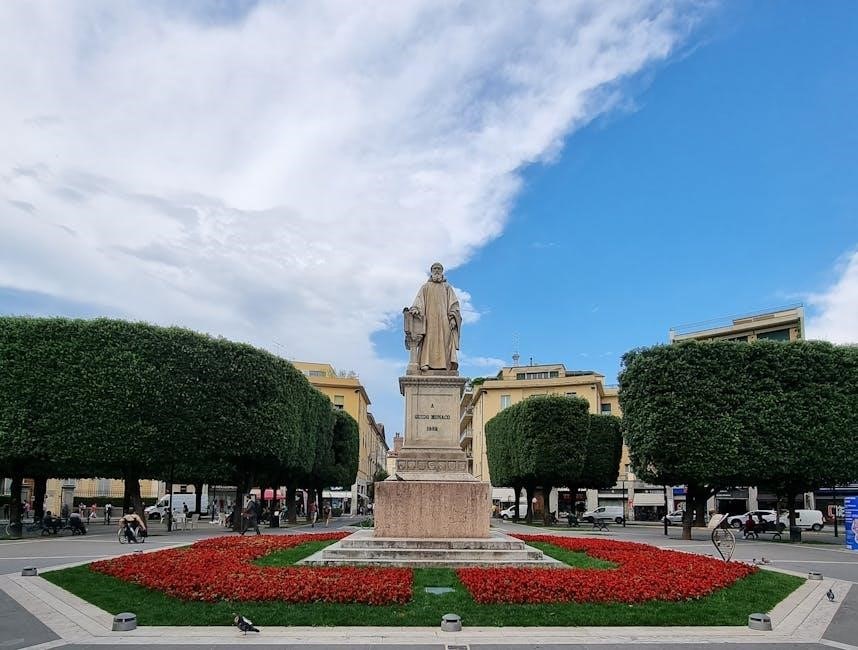
The Tribute to Guido DiTorrice
Guido DiTorrice’s tribute highlighted his enduring legacy‚ celebrated through heartfelt contributions and shared memories. Loved ones honored his life with compassion and gratitude‚ reflecting his profound impact.
2.1 Funeral Services and Memorial
Guido DiTorrice’s funeral services were held with dignity‚ reflecting his life’s impact. Simplicity Funeral and Cremation Services at Glackin Chapel handled the arrangements‚ ensuring a respectful farewell. His peaceful passing on January 27‚ 2024‚ surrounded by loved ones‚ marked the end of a life well-lived. Born in Ferentino‚ Italy‚ and settled in the U.S.‚ Guido’s journey was celebrated through shared memories and contributions. Family and community honored his heritage and legacy‚ remembering his devotion and influence. The memorial served as a testament to his enduring presence in the lives of those who cherished him.
2.2 Contributions and Condolences
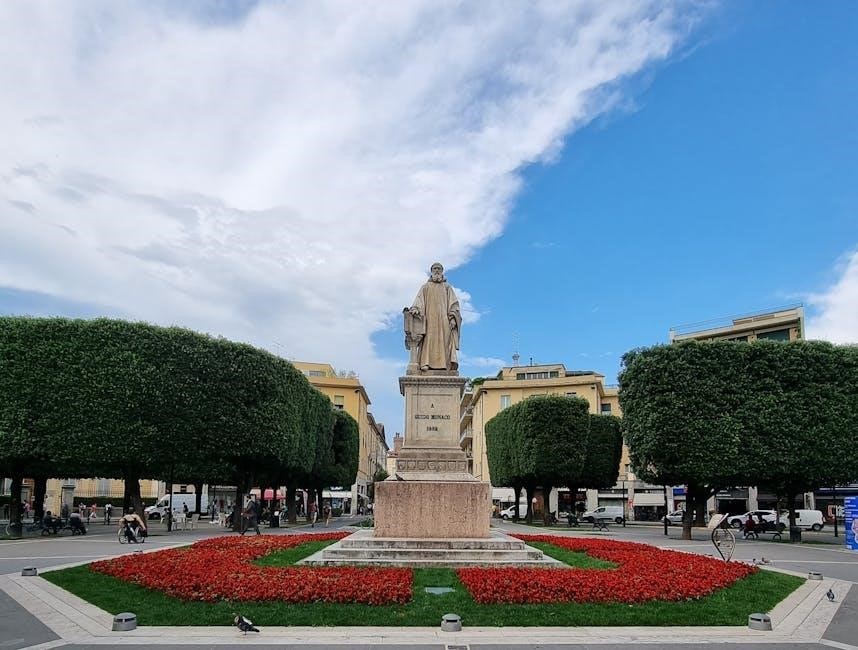
Guido DiTorrice’s passing sparked an outpouring of condolences from his community and beyond. Friends‚ family‚ and acquaintances shared heartfelt memories‚ highlighting his kind spirit and dedication to his loved ones. Contributions to his memorial were made through Simplicity Funeral and Cremation Services at Glackin Chapel‚ reflecting the deep respect he earned. His legacy as a devoted family man and community member was celebrated‚ with many emphasizing his impact on those around him. The tributes underscored his enduring influence and the warmth he brought to countless lives.
2.3 His Legacy and Impact on the Community
Guido DiTorrice left an enduring legacy in his community‚ inspiring countless individuals with his kindness‚ generosity‚ and commitment to preserving Italian heritage. His life served as a testament to the values of family‚ resilience‚ and cultural pride. Through his quiet dedication‚ he fostered a sense of unity and shared identity among those who knew him. The community remembers him not only for his personal qualities but also for his role in strengthening ties to Italian traditions. His passing has left a void‚ yet his memory continues to motivate others to embrace their roots and live with compassion. His legacy endures as a cherished part of the community’s fabric.
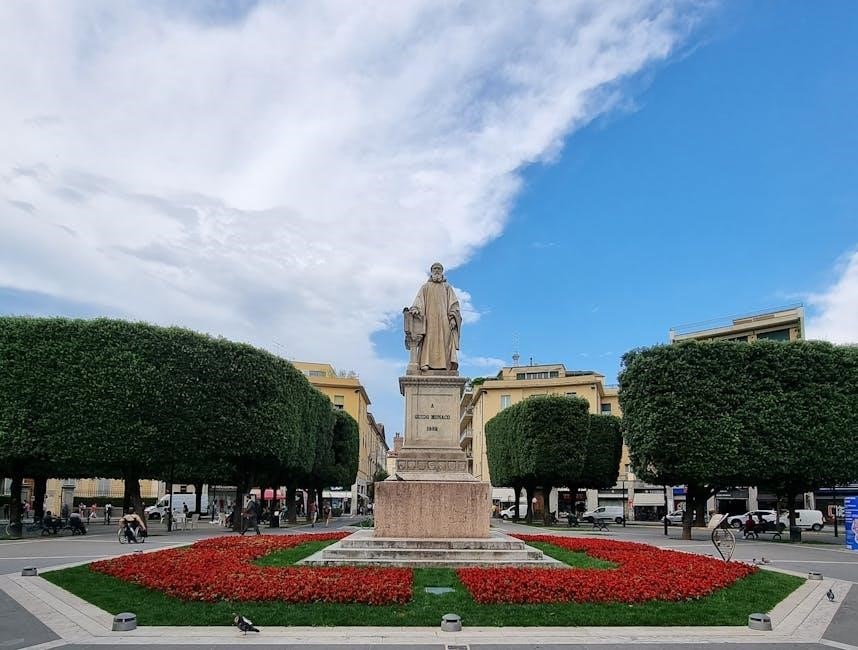
The Term “Guido” in Modern Context
The term “Guido” has evolved into a slang label‚ often carrying derogatory connotations‚ associated with working-class Italian Americans‚ reflecting cultural stereotypes and identity debates in modern society.
3.1 Etymology and Origins of the Term
The term “Guido” originates from the Italian name Guido‚ historically used as a personal name. Over time‚ it evolved into a slang term in the U.S.‚ often associated with Italian Americans‚ particularly those of working-class backgrounds. The term gained derogatory connotations‚ reflecting stereotypes such as urban Italian American identity‚ cultural practices‚ and socioeconomic status. Its usage is tied to broader anti-Italian sentiments and ethnic stereotyping prevalent in American culture. Despite its evolution‚ the term remains controversial‚ with debates surrounding its offensiveness and cultural impact.
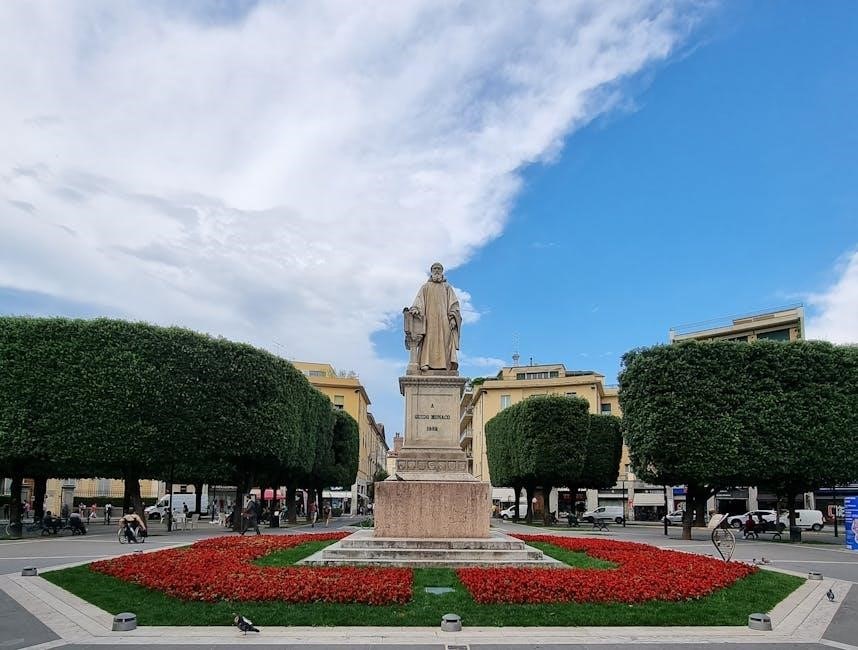
3.2 Cultural and Social Implications
The term “Guido” carries significant cultural and social weight‚ often evoking stereotypes tied to Italian American identity. It is frequently associated with urban‚ working-class Italian Americans‚ perpetuating notions of machismo‚ fashion trends‚ and cultural practices. While some embrace the term as a badge of pride‚ others view it as derogatory‚ reflecting broader anti-Italian biases. Its usage has sparked debates about identity‚ community‚ and the impact of stereotypes on social perception. Media portrayals‚ such as in reality TV shows like Jersey Shore‚ have further amplified its cultural relevance‚ blending elements of pride and caricature. This duality highlights the term’s complex role in shaping and reflecting societal attitudes toward Italian Americans.
3.3 Perceptions in Media and Society
The term “Guido” has been prominently featured in media‚ often perpetuating stereotypes of Italian Americans as urban‚ working-class individuals with distinct fashion and cultural traits. Shows like Jersey Shore popularized the term‚ blending elements of pride and caricature. While some view it as a harmless stereotype‚ others argue it reinforces negative perceptions and anti-Italian biases. The term’s presence in media has sparked debates about its offensiveness and whether it reflects genuine cultural identity or caricature. Its widespread use highlights the tension between reclaiming ethnic slurs and perpetuating harmful stereotypes‚ making it a focal point in discussions about media representation and societal attitudes toward Italian Americans.
Reactions to the Term “Guido”
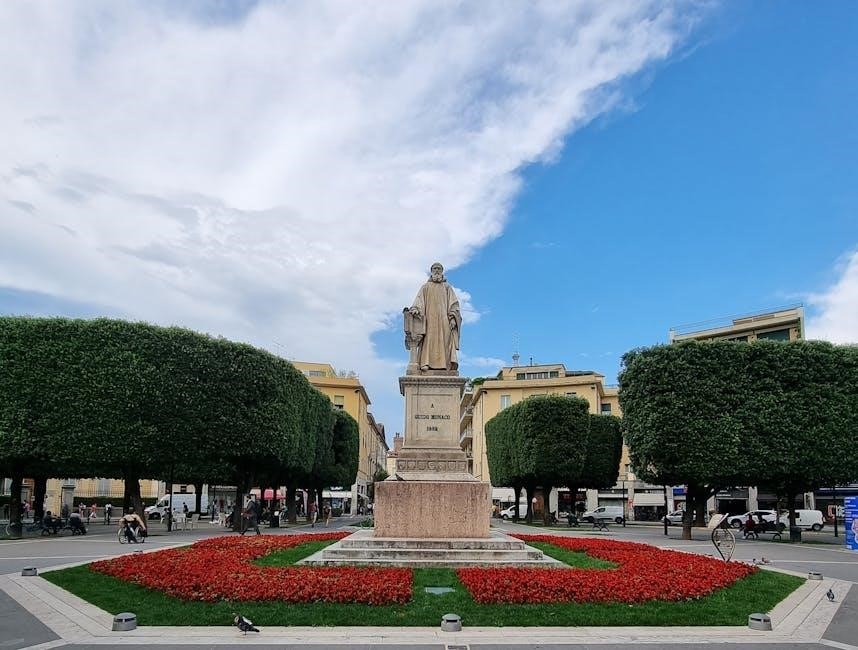
Italian Americans have mixed reactions to the term “Guido‚” with some finding it offensive and others less bothered‚ reflecting its complex cultural and social dynamics.
4.1 Italian American Perspectives
Italian Americans have diverse views on the term “Guido‚” with some finding it deeply offensive and others less bothered. Many view it as a stereotype perpetuating negative images of Italian Americans‚ akin to other ethnic slurs. The term evokes frustration for its association with oversimplified and inaccurate portrayals‚ such as the “Jersey Shore” archetype. However‚ some argue it has become normalized in pop culture‚ with younger generations being less sensitive to its use. Community discussions reveal a generational divide‚ with older individuals often expressing stronger objections. The term remains a contentious issue‚ reflecting broader debates on identity‚ cultural respect‚ and the impact of media representation.
4.2 Discussions on Offensiveness and Stereotypes
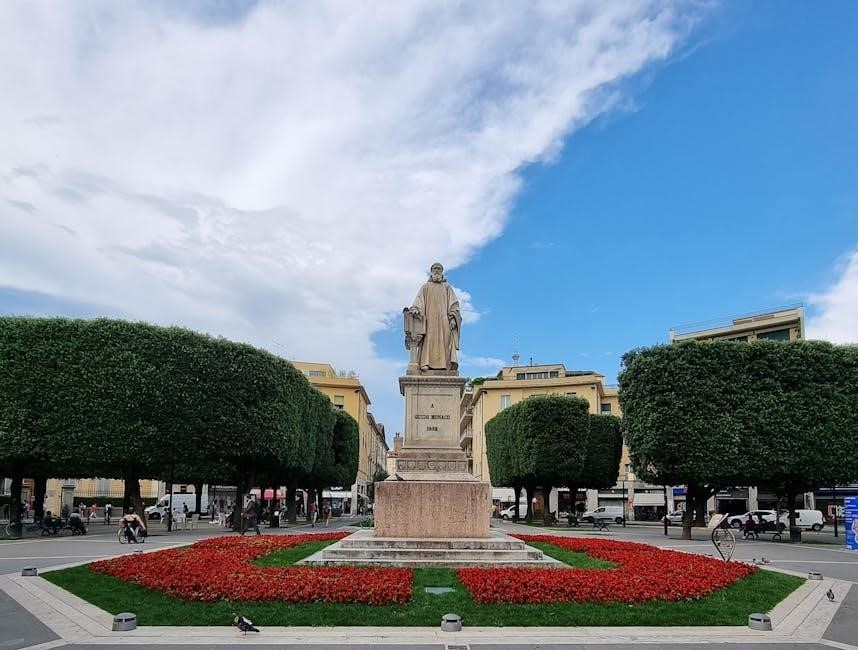
The term “Guido” is often criticized for perpetuating negative stereotypes about Italian Americans‚ particularly those of working-class backgrounds. It is frequently associated with derogatory imagery‚ such as excessive materialism‚ machismo‚ and a lack of sophistication‚ which many find offensive. These stereotypes are deeply rooted in cultural biases and have been amplified by media portrayals‚ such as in reality TV shows like Jersey Shore. Many argue that the term reduces Italian American identity to simplistic and inaccurate caricatures‚ perpetuating harmful prejudices.
While some defend the term as a harmless slang‚ others emphasize its offensiveness‚ comparing it to other ethnic slurs. The debate highlights the complexity of language and its impact on marginalized groups‚ underscoring the need for cultural sensitivity and respect.
4.3 Modern Usage and Sensitivity
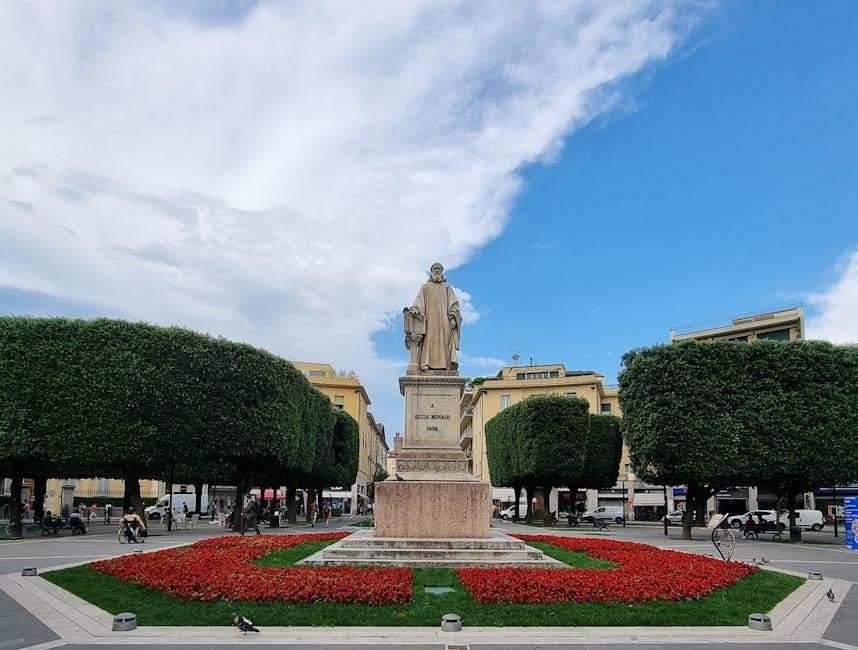
In modern times‚ the term “Guido” continues to spark debates about its appropriateness and cultural sensitivity. While some use it casually or even affectionately within specific communities‚ others view it as a derogatory slur that perpetuates negative stereotypes. Social media platforms and popular culture often amplify its usage‚ sometimes leading to misunderstandings or offense. Many argue that context and intent play a significant role in determining its offensiveness‚ but there is widespread agreement that it should be used with caution. Advocates for cultural sensitivity encourage avoiding the term altogether to prevent unintentional harm and to promote respect for Italian American heritage and identity.